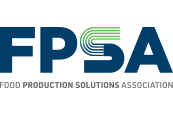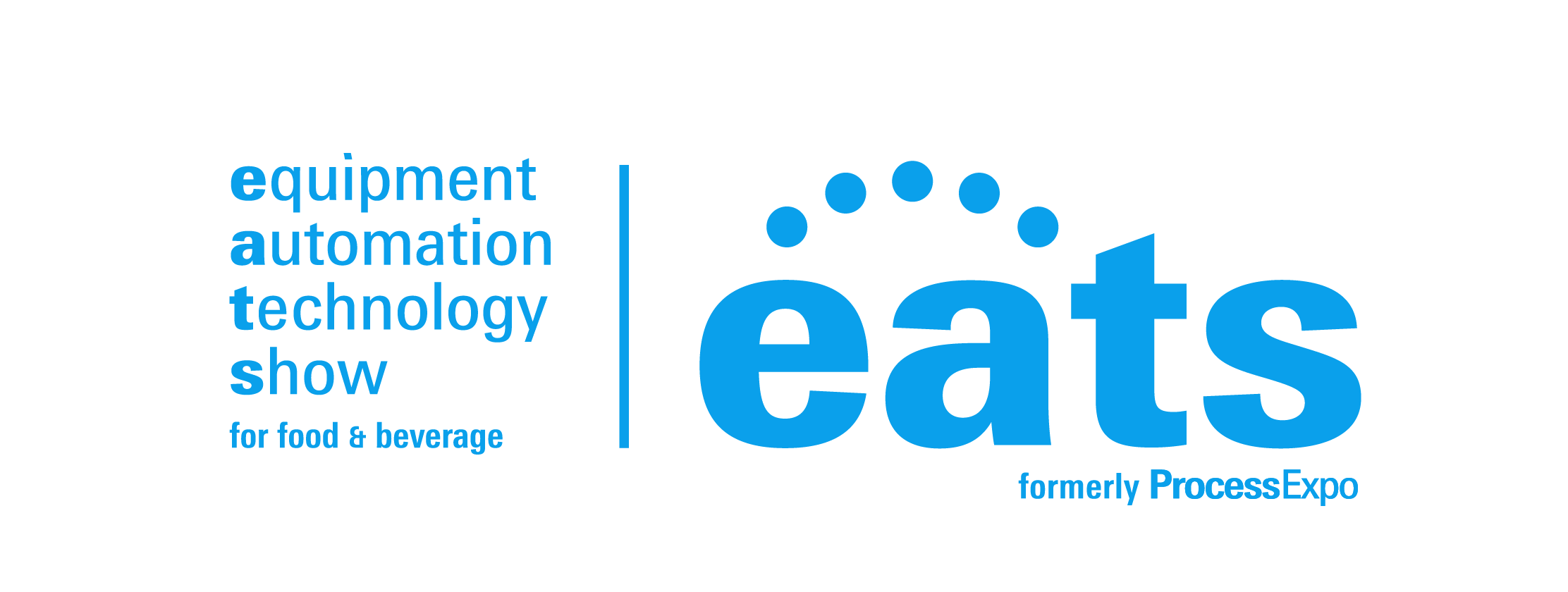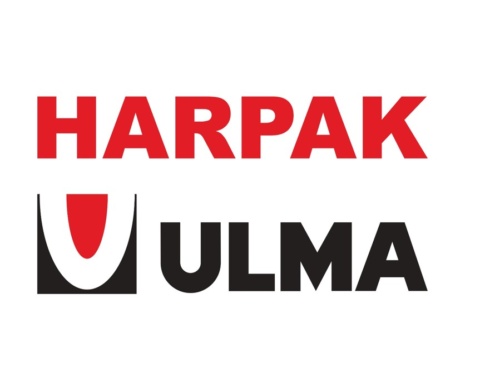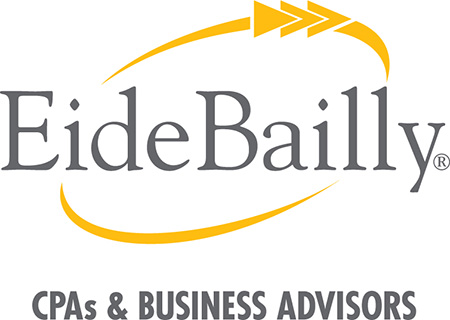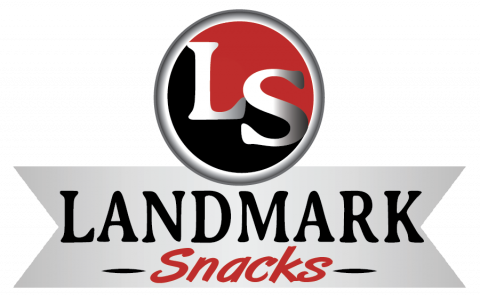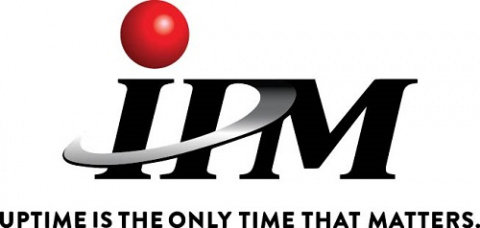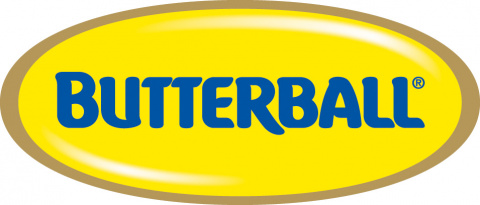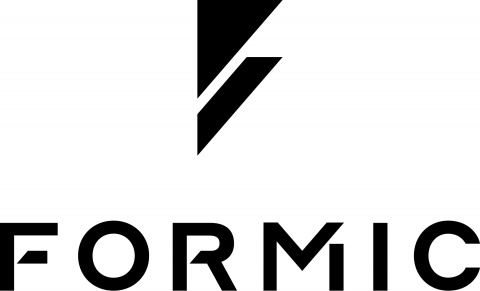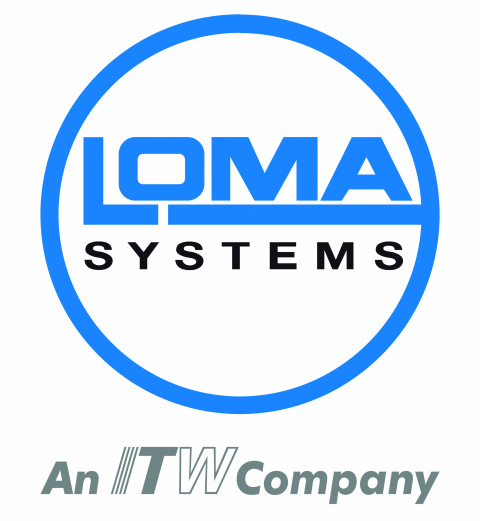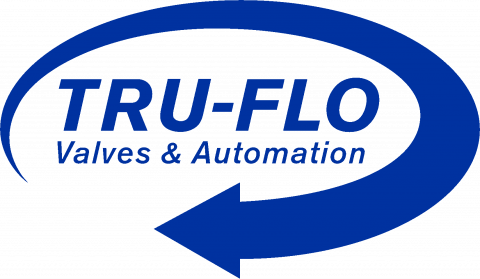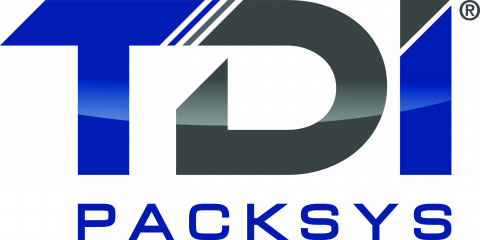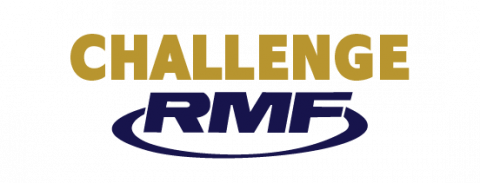
On October 24th, Pedro Medina of Haystack Data Solutions sat with Andy Drennan of FPSA to discuss the importance of data for the food industry and how processors can make better use of the resources at hand. Given the value of this discussion, FPSA would like to share some of the key discussion points with our audience.
FPSA: Pedro, you walk about FORESIGHT-4-FOOD. What is that?
Medina: Foresight-4-Food (F4F) will be a free Demand & Supply-Chain Forecasting learning series for food processors, distributors, retailers, and their suppliers. The series will launch in the first quarter of 2024 on LinkedIn, YouTube, and via our email newsletter, “The HayWire.” There will also be a book of the same title that is scheduled for release in 2025. I was inspired to create these free learning resources for the food industry after recent global events – such as the pandemic and the war in Ukraine – created logistical hurdles that disrupted the global food supply chain. As we know, this led to skyrocketing raw material costs and hard-to-find parts for food processing equipment. Having worked in data for the food industry for over 15 years, I was inspired to create a resource that would democratize data science so that the food industry will have the tools to adapt to market demand variability and future supply chain disruptions to ensure their businesses become more adaptive and resilient. Our goal is to empower and inspire as many food professionals as we can, promote data literacy, and transform the food industry together.
FPSA: But if the customer’s forecasting method has worked out pretty well to date, why make a change?
Medina: It’s been said that a 1% improvement in forecasting accuracy can result in millions of dollars of cost savings or revenue growth, depending on the specific circumstances of the business. And while your current forecasting method has worked out well to date, the food processing industry is ever evolving, and so are the latest Machine Learning technologies. Every business can stand to gain a 1% improvement (or better) on the accuracy of their forecasts. While the growth in channels, locations, and SKUs has made forecasting more complex, data integration tools, the cloud, and advanced analytics are making data science more accessible than ever before. The question becomes: do you want to embrace change and allow your business to stay ahead of the curve, mitigate risks, and tap into new opportunities?
FPSA: How does this program help my business generate more accurate forecasting?
Medina: Food processors operate on razor-thin margins and complex supply chains. Therefore, improving the accuracy of their forecasts is a top priority for them. In fact, unlike other manufacturing industries, a lack of forecast accuracy is the most cited pain point, and forecast optimization is the most common request I get. The reason is simple: accurately anticipating demand for food products results in better production planning, which results in optimal inventory levels, less waste/scrap, and, ultimately, better margins and bigger profits. Still, despite the importance of accurate forecasting in the food industry, I still see many manufacturers and food brands relying on simple models built with spreadsheets. Outdated methods will not be as accurate as modern Machine Learning and AI models for forecasting.
Foresight-4-Food will give you the skills to go from complete newbie to Machine Learning mastery. It will provide a guided approach that will do away with complex technobabble to make the inner workings of Machine Learning easily understandable. Our aim is that this will give you what you need to help your business become more data-driven with the skills to leverage advanced tools, interpret data effectively, and make informed decisions that will lead to optimized inventory management, production planning, and improved strategic decision making.
FPSA: What if my personnel doesn’t quite have the skills for data and forecasting?
Medina: F4F will help food professionals learn how to quickly and easily build accurate forecasting models without the need for computer programming using free NoCode platforms available today. However, for those who know how to program, we will also show you how to build powerful forecasting models in the popular Python and R programming languages. In the end, you will be able to create more accurate forecasts for your food processing and equipment business without having to rely on expensive forecasting software packages that don’t account for the unique business drivers of your company. Training in forecasting is important to understand why forecasts do what they do and avoid faulty interpretations. We will show that the best forecasts are those that are built from the ground up with your unique business requirements in mind, using cutting-edge technologies and algorithms that will drive more accurate forecasting.
FPSA: How quickly might my business reap the benefits of new forecasting models?
Medina: The timeline for reaping rewards from new forecasting models depends on factors such as implementation speed, and the complexity of your operations. However, I’ve seen some businesses go from zero to a baseline model in as little as 6 weeks. However, I like to remind people that data science, like all science, is an iterative process of discovery and growth. It is never ending. There are always new insights and improvements that can be made. A truly data-driven organization is very much like a science experiment: every new discovery leads to another and another. The result is a smarter, more efficient organization.
F4F is for ALL food professionals from functional areas as diverse as operations, sales, finance, and marketing. We will teach best practices for how and why food companies should move away from siloed forecasts maintained and managed by separate departments, to a unified approach where each function contributes their knowledge toward building the most effective forecast possible. We will also teach the right way to override forecasts using integrated human judgment to get the best from both human and machine learning and avoid introducing more noise than signal to your forecasts.
FPSA: Pedro, my business is understaffed as is, how can we take on new responsibilities such as more advanced forecasting?
Medina: Start small, focusing on high-impact areas at first. Consider gradual implementation and seek external support if needed, such as partnering with training providers or consultants to bridge the skills gaps. Outsourcing certain aspects can also be an interim solution while upskilling your existing workforce. Obviously not everyone needs to become a forecasting guru, but everyone should learn the basics. F4F will give you the basics and, for those who want to go further, we’ll continue the learning journey to include the latest advances in Deep Learning and AI and how they are currently being used to push forecasting accuracy to new heights.
FPSA: How can people find out more about F4F?
Medina: Foresight-4-Food (F4F) will go live in the first quarter of 2024. It will consist of a free weekly video and email training series through our food intelligence newsletter, “The HayWire.” You can sign up for the waitlist by subscribing to our newsletter at https://haystackdata.com
You can also find F4F on our YouTube channel: http://www.youtube.com/@haystackdatasolutions4423
Video and training articles will also be shared on LinkedIn. You can get notified when every learning session is published by following me at: https://www.linkedin.com/in/pedroalexandermedina/
Or my business page at: https://www.linkedin.com/company/haystackdata/
You may even find future releases in upcoming FPSA publications. More to come, so stay tuned!
FPSA: Pedro, thanks for sharing this information. I expect you’ll be hearing from some of our readers in the near future!
For all FPSA members and readers of the Food Processing News Brief, thank you for your role in this great industry.
Happy Thanksgiving!
Andy Drennan, SVP FPSA
